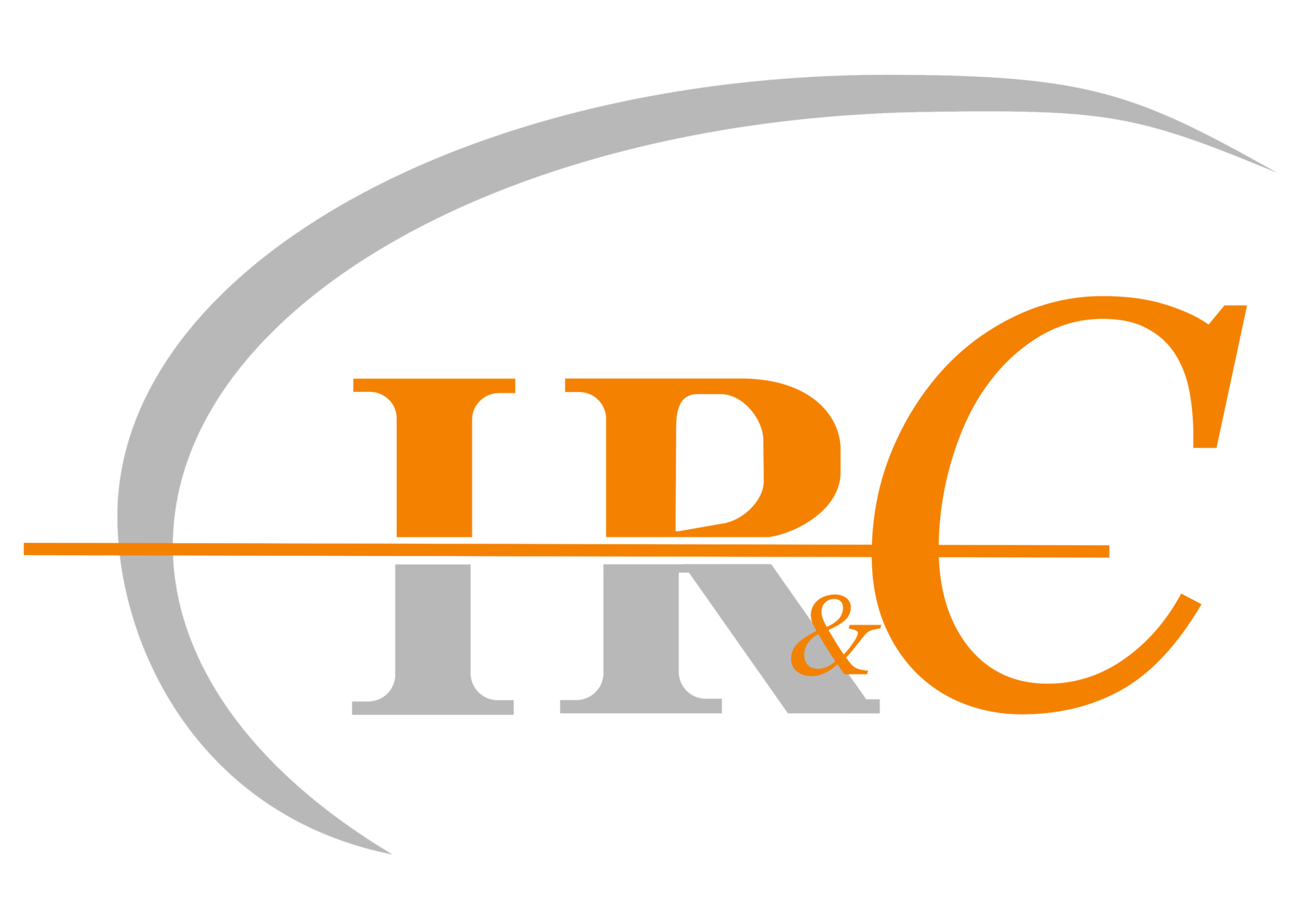Addictions
What is addiction?
Addiction is always associated with a compulsive behavior to consume certain substances or perform a certain behavior.
A basic distinction can be made between substance-related and non-substance-related addiction.
Substance-related addiction is the addiction to certain substances that influence the human psyche, such as
- illegal drugs (e.g. cannabis, cocaine, heroin, ecstasy)
- Alcohol
- Anabolic steroids
- Nicotine
- Medication
Non-substance-related-addiction or behavioral addiction is the constant, compulsive performance of a behavior, such as
- Computer and internet addiction
- Gambling addiction
- Shopping addiction
- Binge eating
- Workaholism
Addiction can lead to changes in a person's character. Both thinking, perception and actions can be influenced by the use of substances. However, physical impairments such as damage to internal organs, cancer, impairment of the cardiovascular and nervous systems and much more can also occur as a result of long-term use.
How do you recognize an addiction or dependency?
- a strong desire or compulsion to consume the substance or to perform a certain behavior.
- Loss of control over the amount, frequency and duration of substance use or behavior
- Suffering from addiction
- Constantly increasing the dose to achieve the same effect
- Physical withdrawal symptoms (e.g. trembling, sweating, etc.)
- Excessive irritability, mood swings, tension
- Change in personality
- Difficulty concentrating on other things
- Neglect of social contacts and areas of responsibility
- Continued consumption or behavior, despite perceptible (health or financial) damage
Who can become addicted and why?
The risk of becoming addicted depends on various factors: biological properties of the substance and its availability, a person's life circumstances and personality (e.g. their problem-solving strategies, psychological resilience, self-esteem, frustration tolerance), their social environment (friends, family, work environment) and the rapidly increasing demands and expectations placed on each individual.
The consequences of addiction
The consequences of an addiction can be serious, both socially and psychologically, but above all physically:
- Depression, aggression, memory and concentration problems...
- Change in the nature of a person
- Gastrointestinal diseases, heart disease
- Disease of the liver and pancreas
- Increased risk of infection
- Danger to life
A way out of addiction
No one can take responsibility for those affected. The person affected must take the first step and become aware that they have an addiction. Relatives can provide support, as can superiors or colleagues. Counseling centers are suitable points of contact for providing information and helpful motivation.
Numerous counseling centers offer the opportunity to confide in someone, describe your own situation, obtain information and discuss the next steps.
However, a relapse during the withdrawal phase is possible at any time and should not be a reason to give up.
Attention - co-dependency trap
It is often not easy for relatives to deal with the addiction of someone close to them. They often fall into the trap of wanting to help the person affected and unintentionally support the addictive behavior.
This is called co-dependency:
- take responsibility for the person concerned, protect them and apologize for their behavior
- gloss over the situation
- neglect your own actions and focus strongly on others
- always withdraw demands and expectations...
This protection prevents the person concerned from becoming aware that there is a problem. It will therefore not change anything.
What to do as a relative?
- Have the courage to broach the subject.
- Learn to accept that the person affected must help themselves.
- Don't threaten, but set clear boundaries.
- Take advantage of help too - exchange ideas with others.


